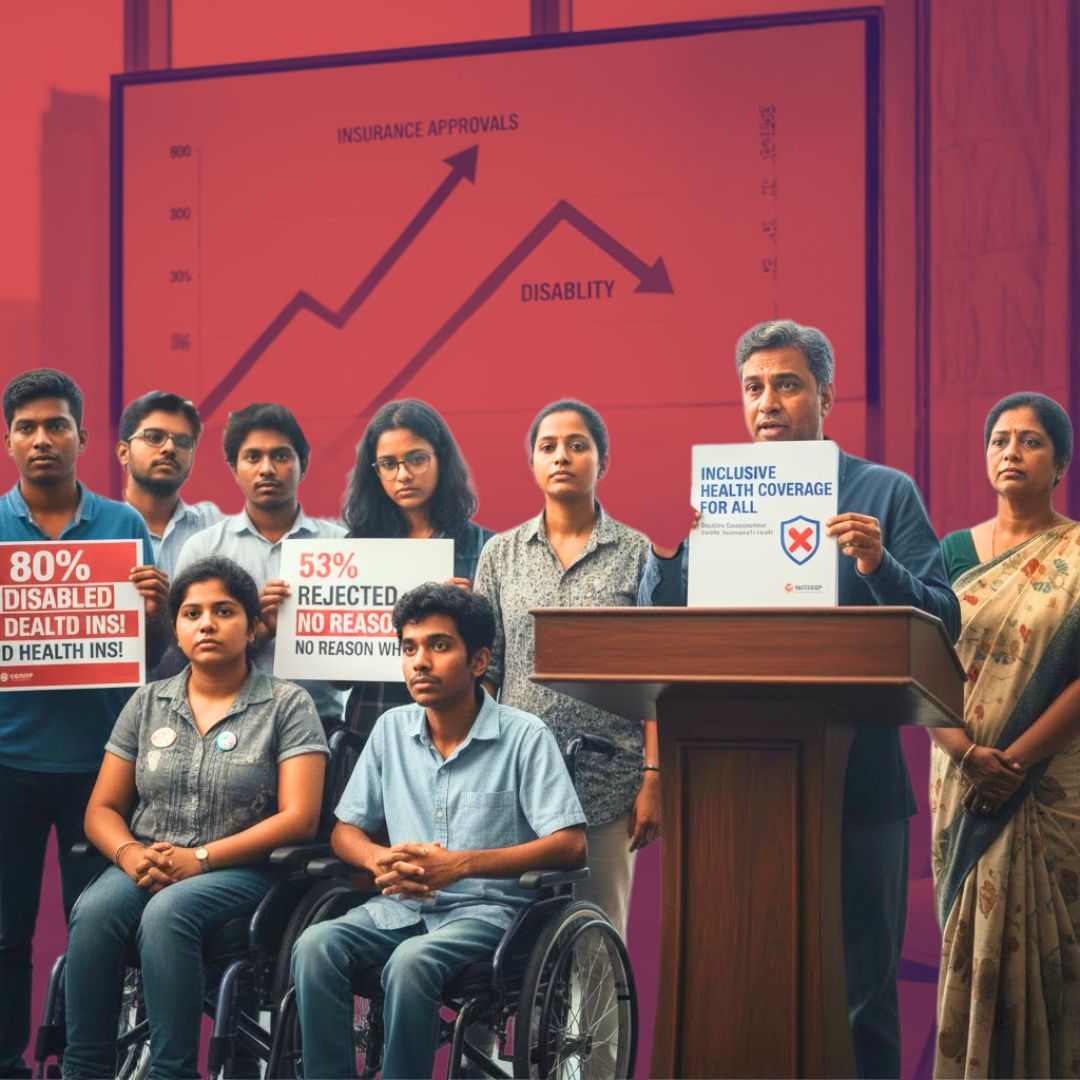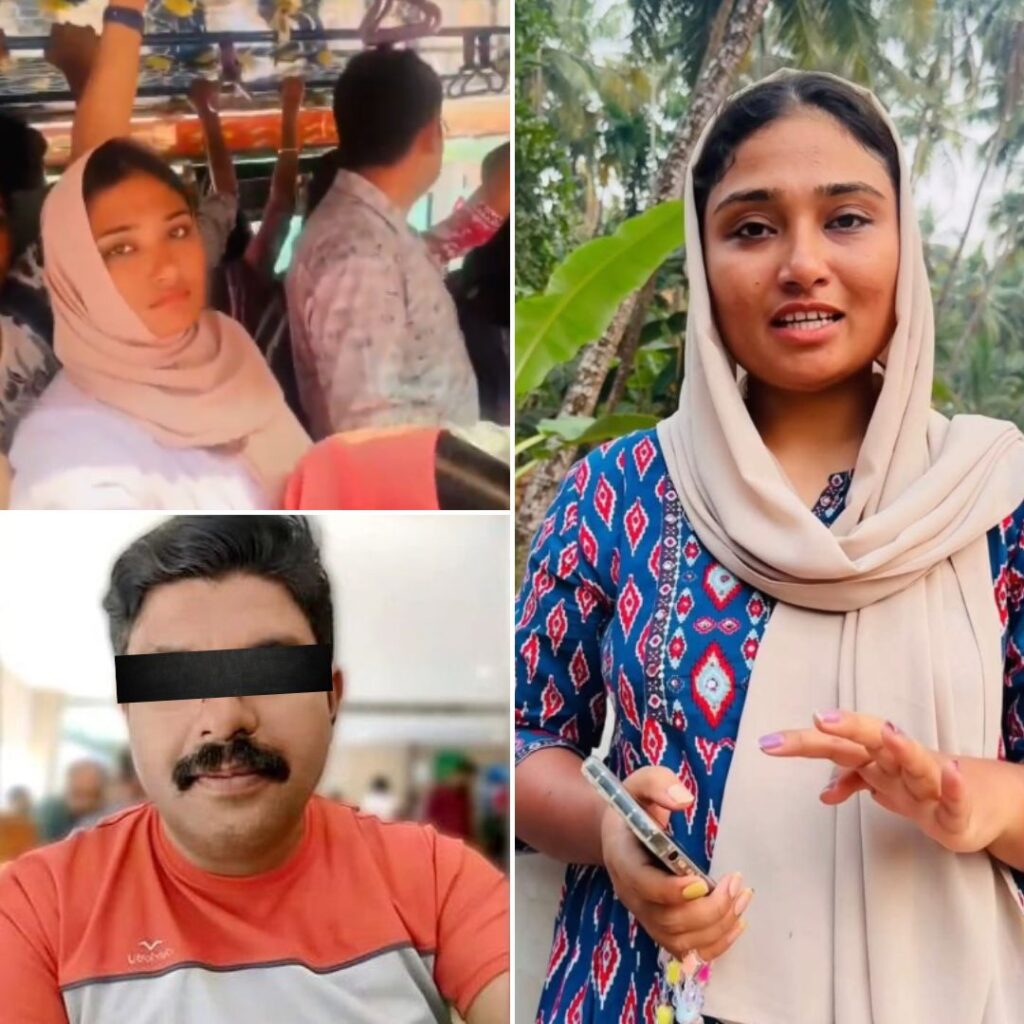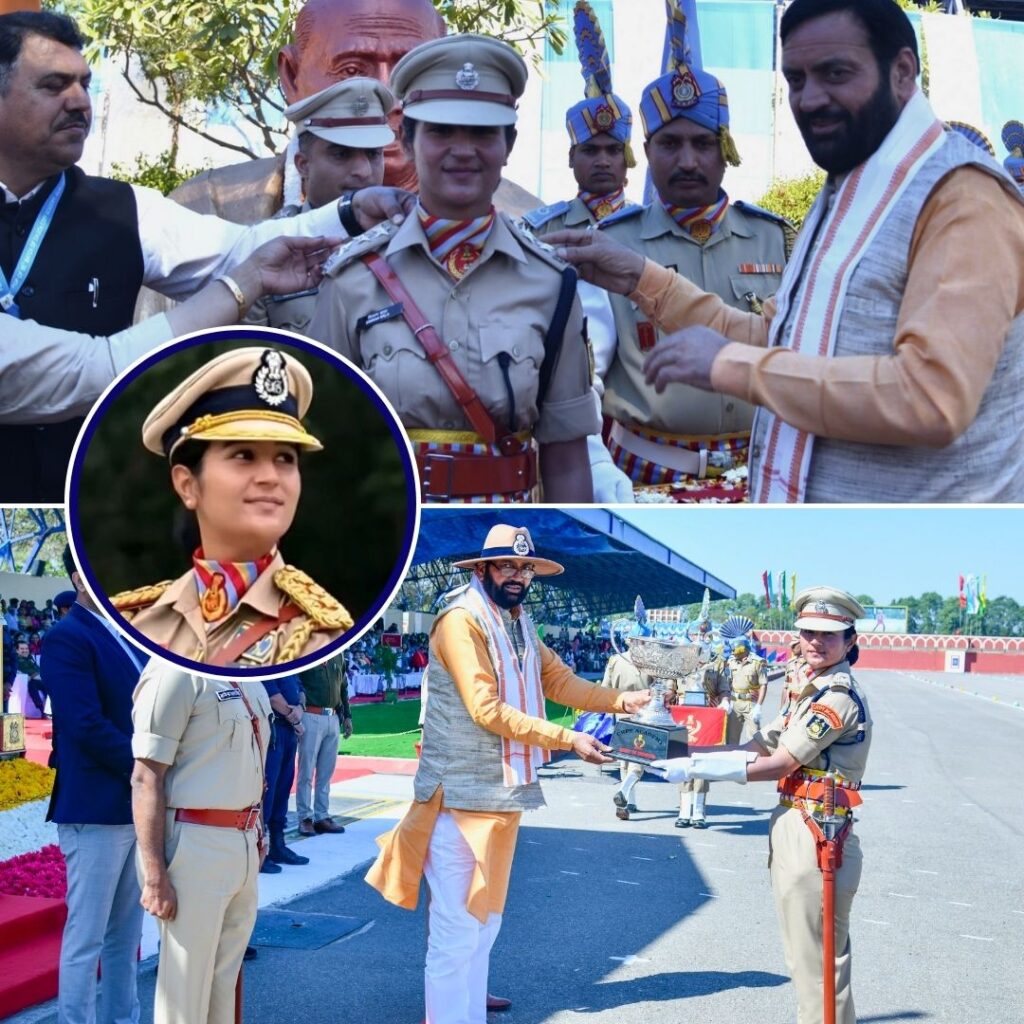More than 80 per cent of Indians with disabilities remain without health insurance, and over half of those who apply face rejection, often with no explanation despite legal mandates aimed at ensuring their right to health coverage.
This stark reality is highlighted in a white paper released on November 20, 2025, by the National Centre for Promotion of Employment for Disabled People (NCPEDP), based on a comprehensive survey of over 5,000 persons with disabilities from 34 states and union territories.
The report exposes deep-rooted discrimination in India’s health insurance ecosystem and urges urgent reforms to guarantee inclusive and affordable health protection for nearly 16 crore disabled citizens.
A Hidden Rights Crisis in Health Coverage
The white paper titled Inclusive Health Coverage for All: Disability, Discrimination and Health Insurance in India reveals that only around 16 per cent of persons with disabilities currently hold any form of health insurance.
Among those who apply, a startling 53 per cent reported outright rejection by insurers. Alarmingly, 60 per cent of these rejected applicants received no formal explanation or valid medical reasoning, suggesting covert discrimination based solely on disability status or pre-existing conditions.
Particular groups such as those with autism, psychosocial disabilities, intellectual disabilities, and blood disorders like thalassemia are more likely to face denial.
Arman Ali, Executive Director of NCPEDP, described the situation as “a rights crisis hidden in plain sight,” emphasizing that these actions violate constitutional and statutory protections afforded under the Rights of Persons with Disabilities Act, 2016, as well as regulations from the Insurance Regulatory and Development Authority of India (IRDAI).
The report calls for IRDAI to enforce compliance more rigorously and establish a dedicated Disability Inclusion Committee to oversee insurance accessibility and equity.
Barriers Beyond Discrimination
The problem extends beyond outright exclusion. High premium costs, inaccessible application and claims platforms, and widespread lack of awareness about available schemes further entrench inequality. Individuals often face legacy system challenges, including digital inaccessibility and bureaucratic obstacles.
Existing government schemes such as Ayushman Bharat (AB-PMJAY) and Niramaya Health Insurance provide some coverage but fall short of addressing the diverse and comprehensive needs of persons with disabilities. Notably, persons with disabilities are excluded from universal inclusion under Ayushman Bharat- a glaring policy gap given their heightened health vulnerabilities.
Manmeet Kaur Nanda, Additional Secretary of the Department of Empowerment of Persons with Disabilities (DEPwD), stressed the need for stronger coordination between IRDAI and government departments to harmonise efforts, improve transparency, and leverage the Unique Disability ID (UDID) database to streamline processes and track insurance rejections.
Policy Gaps and Recommendations
The survey data and expert analysis underline a systemic failure to translate legal frameworks into meaningful coverage. The white paper recommends mandatory inclusion of all persons with disabilities in Ayushman Bharat without age or income restrictions, standardised non-discriminatory premiums across private insurers, and expanded coverage to encompass mental health, rehabilitation, and assistive devices.
Additionally, it calls for accessible digital platforms and mandatory training for insurers to handle disability cases sensitively. It also urges IRDAI to require annual disability coverage targets for insurers, monitored via digital dashboards integrating UDID data.
These reforms would align India’s disability rights commitments with the United Nations Convention on the Rights of Persons with Disabilities (UNCRPD), to which the country is a signatory.
The challenge remains ensuring political will and institutional coherence to implement these changes swiftly and effectively.
The Logical Indian’s Perspective
Access to health insurance is not a privilege but a fundamental right for all, including persons with disabilities who face increased medical risks and social marginalisation.
The glaring gap in coverage reflects a societal failure to recognise and uphold this right with empathy and justice.
Combating systemic ableism requires collective action from policymakers, regulators, the insurance industry, and civil society to foster inclusive frameworks that do not merely pay lip service to equality but deliver tangible access.
Social equity demands that financial protection through insurance be extended without bias or barriers, ensuring disabled individuals are not forced to face disproportionate hardship or forgo necessary care.













